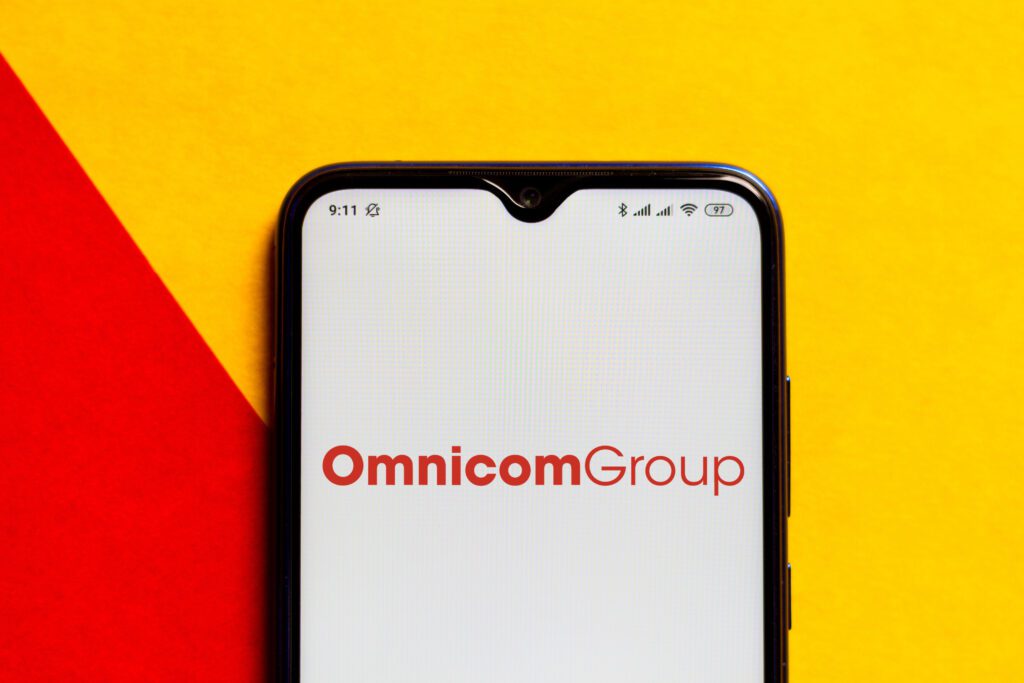Caution is Omnicom Group’s middle name.
Omnicom saw 5.2% organic revenue growth, or $178.7 million YOY, in the first quarter of 2023. The company reported total revenues of $3.44 billion, with net income up by 30.9% to $227.5 million, according to the company’s earnings call Tuesday.
The agency holding company’s growth was “broad based across disciplines, geographic regions and client sectors,” said Chairman and CEO John Wren.
High inflation and interest rates, the war in Ukraine, tensions in the Middle East and the US banking and credit crises could affect the economy and Omnicom’s operations, Wren acknowledged. “Many of these risks have been evident for quite some time,” he said, “and we’ve developed plans to appropriately respond to any potential headwinds.”
Omnicom remains on track for full-year targets of 3%-5% organic growth and a 15%-16.4% operating margin.
From strength to strength
Experiential marketing, precision marketing, media buying and public relations were the strongest contributors to organic growth, according to the report. Standout sectors included pharmaceuticals and health care, auto and food and beverage.
On the strategic front, Omnicom’s TBWA Worldwide recently acquired Dark Horses, a UK sports marketing agency. Omnicom also formalized a working relationship with Microsoft to integrate its OpenAI ChatGPT model into Omni, Omnicom’s data and insights platform.
“Presently, we have in excess of 20 projects going on, testing different things,” Wren said of the ChatGPT software. Though generative AI has “a lot of potential to positively impact the business,” he said, Omnicom is proceeding carefully because of the thorny ethical and privacy questions. “We’re certainly not deploying it to the full extent of the power that it has.”
And Wren had words of comfort for the most concerned within the holding company.
“In the long term, our creative knowledge workers will only find their jobs enhanced by the way we’ll utilize this five years from now,” he said.
Get back here
After going fully remote during the pandemic, Omnicom is still transitioning to a hybrid work model, now requiring people to work at least three days a week in the office. The return-to-work mandate of three days per week was “principally” for the US, Wren said. Outside the US, employees are already spending four days a week in the office in the UK, at least four days a week in the office in most of Europe and five days a week in the office in Asia.
The holding company cast off 1.6 million square feet of office space worldwide, cutting back its real estate footprint by 35% even as headcount increased by about 4,000.
“There’s a bunch of moving parts within the rent and occupancy line, but we expect to see a benefit in 2023 and beyond,” said EVP and CFO Phil Angelastro.
While Omnicom reduces office space overall, it is opening three New York metro area satellite offices in Long Island, Connecticut and New Jersey.
Ramping up hiring in places like India, where it’s adding three new campuses, helps Omnicom become more cost-efficient, according to Wren. “We’re doing a much more professional job with offshoring than we’ve done at any point in the past,” he said. The company’s cost-cutting measures and cautious approach to spending have paid off before.
“We’re making sure we take a more sensible, conservative view,” Angelastro said. “If you look at our performance coming out of the last couple recessions or challenging times, we’ve been able to manage through pretty successfully and bounce back.”












